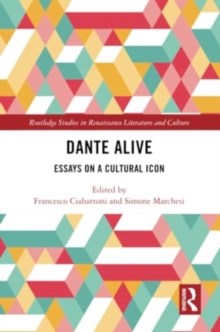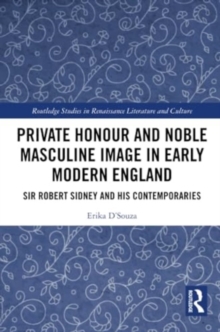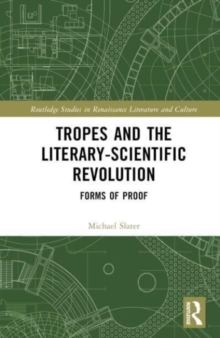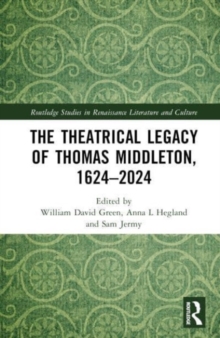
Guido Cavalcanti : Poet of the Rational Animal PDF
by Gregory B. Stone
Part of the Routledge Studies in Renaissance Literature and Culture series
Description
Guido Cavalcanti, Dante’s intellectual mentor, is widely considered among the greatest Italian lyric poets; his famous and notoriously difficult philosophical canzone Donna me prega is often characterized as the most studied lyric poem in Italian literature.
This book situates Cavalcanti’s poetry in the context of the Arabic Aristotelian rationalism that entered the Latin West in the 12th century—a tradition marked by questions concerning whether humans can ever transcend their animality.
Cavalcanti’s poetry is a focal point where one can view, circa 1300 AD, Arabo-Islamic philosophy in the process of being assimilated and naturalized in Western Europe, eventually leading to values (associated with the Renaissance and the Enlightenment) that we now call modern and secular—in particular, to a notion of human reason as bound up with imagination and with ethical praxis rather than as a means for the attainment of knowledge concerning God and the cosmos.
The book features a radically unprecedented interpretation of Donna me prega, starkly opposed to all previous accounts: far from treating love as a threat to reason that would best be eliminated, the canzone praises loving as the essential operation of rational human flourishing.
This study of Cavalcanti serves as a prelude to the formulation of a new paradigm for understanding Dante’s Comedy.
Information
-
Download - Immediately Available
- Format:PDF
- Pages:280 pages
- Publisher:Taylor & Francis Ltd
- Publication Date:04/03/2020
- Category:
- ISBN:9780429555794
Other Formats
- Paperback / softback from £38.55
- EPUB from £35.09
- Hardback from £145.00
Information
-
Download - Immediately Available
- Format:PDF
- Pages:280 pages
- Publisher:Taylor & Francis Ltd
- Publication Date:04/03/2020
- Category:
- ISBN:9780429555794










